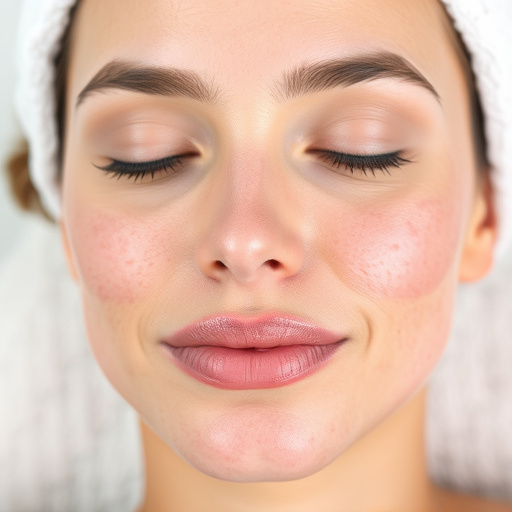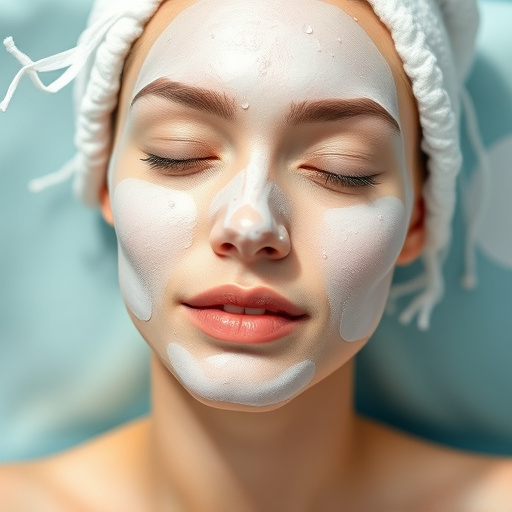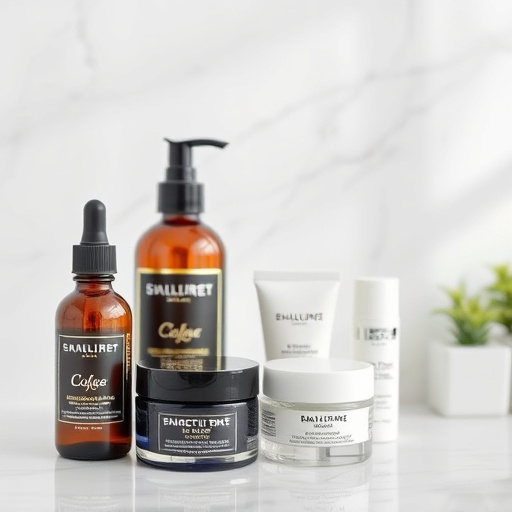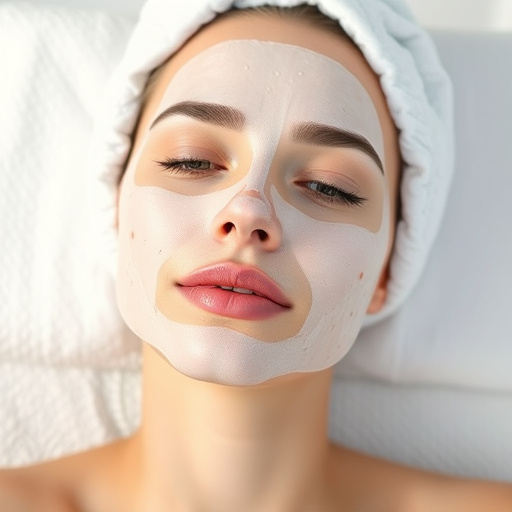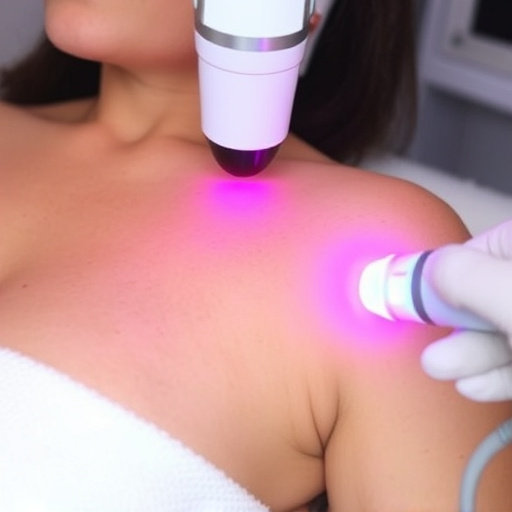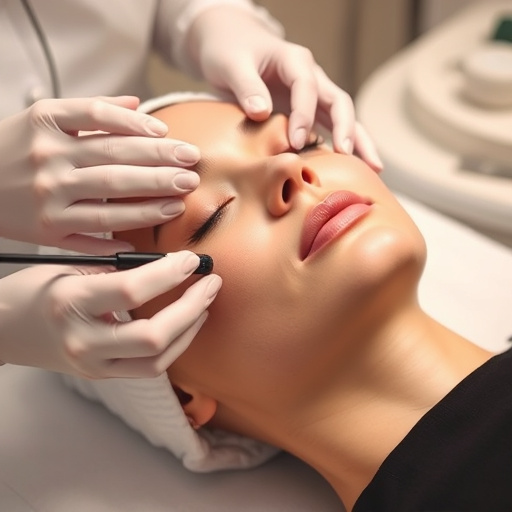Rosacea, a chronic skin condition affecting fair-skinned individuals globally, requires tailored treatment plans combining prescription medications (topical antibiotics, anti-inflammatories, oral meds, laser therapy) with aesthetic treatments (facials, microdermabrasion, chemical peels, IPL). Over-the-counter products featuring niacinamide, hyaluronic acid, and ceramides offer immediate relief and long-term skin health benefits, serving as a bridge between at-home care and professional rosacea management.
Rosacea is a chronic skin condition marked by redness, small pus-filled bumps, and visible blood vessels. Affecting millions globally, understanding its causes and symptoms is the first step towards effective management. This article delves into comprehensive rosacea treatment options, including prescription medications for severe cases and over-the-counter solutions for daily care. By exploring these alternatives, individuals can find personalized routines to soothe inflammation, reduce redness, and achieve clearer skin.
- Understanding Rosacea: Causes and Symptoms
- Prescription Solutions for Effective Rosacea Management
- Exploring Over-the-Counter Options for Daily Care
Understanding Rosacea: Causes and Symptoms
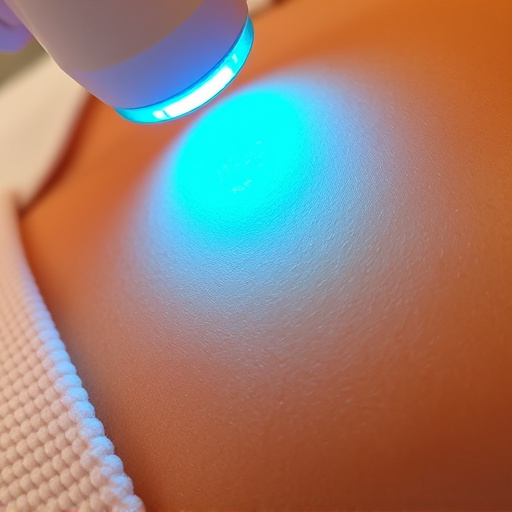
Rosacea is a chronic skin condition that affects millions worldwide, primarily targeting those with fair skin. It’s characterized by periods of flare-ups, during which red, puffy patches appear on the face, often accompanied by small, raised bumps filled with non-infectious pus. These symptoms can make rosacea a source of significant embarrassment and self-consciousness for many individuals.
The causes of rosacea are multifaceted, involving both genetic predisposition and environmental triggers. Certain factors like sun exposure, hot drinks, specific foods, and even emotional stress can trigger flare-ups. Understanding these triggers is a crucial first step in managing the condition effectively. While mild cases might respond well to over-the-counter treatments, severe rosacea often requires prescription medications or specialized procedures like laser hair removal, which targets the blood vessels contributing to redness, or medical spa services focused on skin rejuvenation through various therapeutic approaches.
Prescription Solutions for Effective Rosacea Management
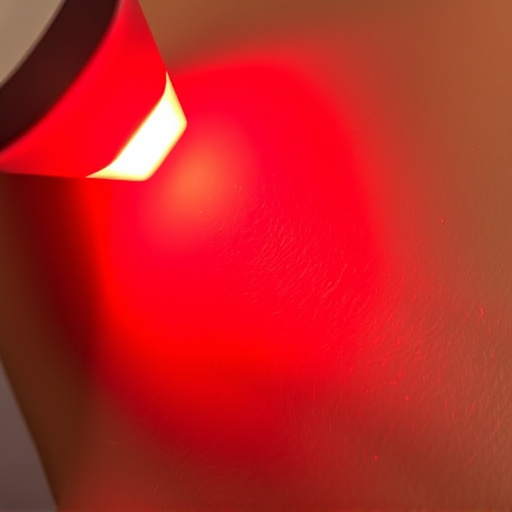
When it comes to managing rosacea, prescription solutions offer a comprehensive approach to achieving clear and healthy skin. Topical medications, such as antibiotics and anti-inflammatory creams, are often the first line of treatment. These prescriptions work to reduce redness, inflammation, and pustules, providing immediate relief and preventing further flare-ups. For more severe cases, oral medications or even laser therapy can be recommended by dermatologists.
Aesthetic treatments, like customized facials and microdermabrasion, have also gained popularity as part of a holistic rosacea management strategy. These procedures not only enhance skin texture and tone but also help to reduce the visibility of broken blood vessels and dilated pores, contributing to an overall healthier complexion. Skin rejuvenation techniques, including chemical peels and intense pulsed light (IPL) therapy, are additional options that can provide long-lasting results in managing rosacea symptoms.
Exploring Over-the-Counter Options for Daily Care
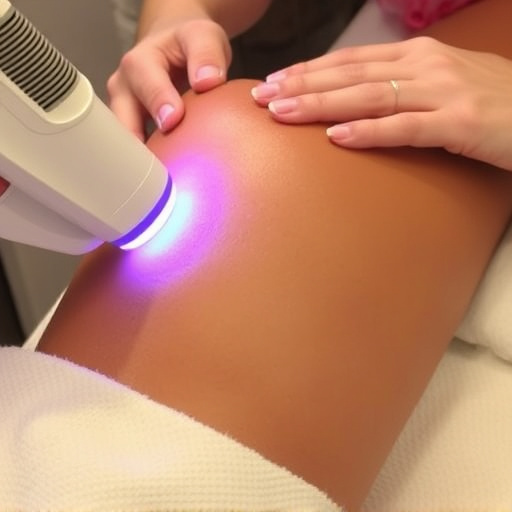
Many people with rosacea turn to over-the-counter (OTC) products as a first step in their daily care routine. While these options may not offer the same potency as prescription medications, they can still provide significant relief and help manage symptoms. Look for gentle, non-irritating ingredients like niacinamide, hyaluronic acid, and ceramides, which are known to soothe inflammation and hydrate the skin without causing further irritation.
OTC products are a great way to introduce professional skincare practices into your routine. They can also serve as a bridge between at-home care and more intensive facial treatments prescribed by a dermatologist. Additionally, these solutions often include anti-aging treatments that target fine lines and wrinkles, offering both immediate relief from rosacea symptoms and long-term benefits for skin health and appearance.
Rosacea treatment involves a combination of prescription and over-the-counter solutions, offering tailored approaches to managing symptoms. Understanding your specific type of rosacea is key, as it guides selection from various topical medications, oral antibiotics, or even laser therapy. Integrating gentle, effective skincare routines with targeted treatments promises clearer skin and improved confidence. By exploring both prescription and OTC options, individuals can navigate a comprehensive approach to rosacea care.



